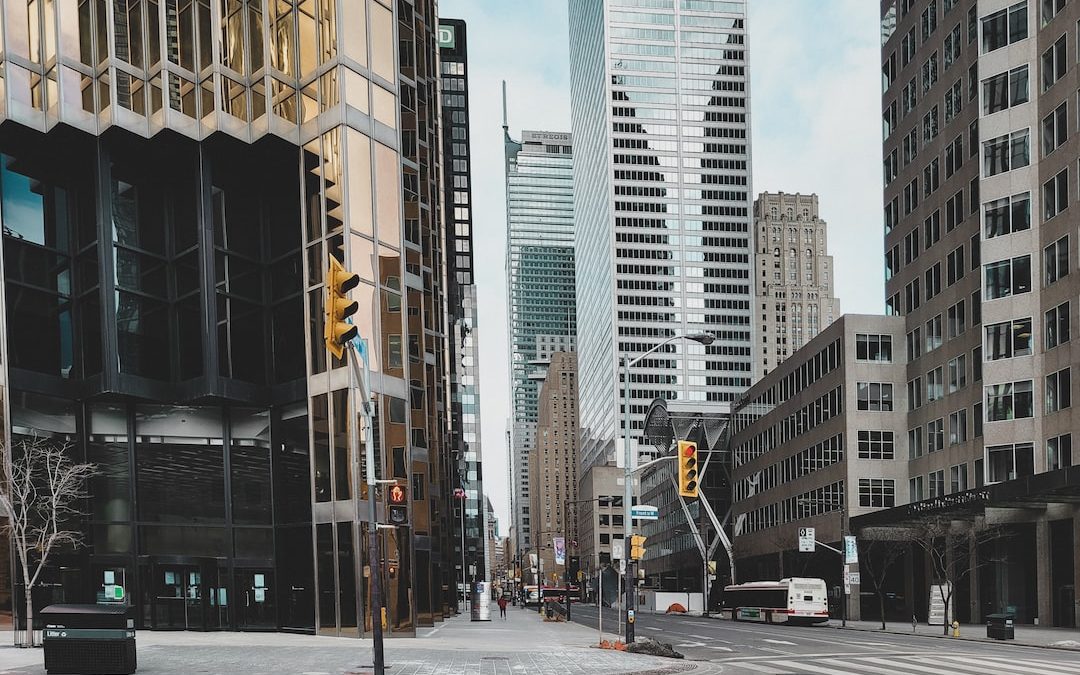Table of Contents
Understanding Urban Transport Group
Urban transport is a vital component of modern day life. It is essential for connecting people to their everyday needs and empowering them to have access to the goods and services they need. Urban transport groups are organizations that are dedicated to understanding the needs of the community and creating effective and efficient solutions to meet them. In this blog post, we will dive into the different facets of urban transport, understand the roles of urban transport groups, and learn about the impact they are having on our communities.
What is Urban Transport?
Urban transport is defined as the movement of people and goods within a city or metropolitan area. It is integral for providing access to vital services such as health care, education, and employment. It is also a critical factor in ensuring the economic growth and development of a city. Urban transport includes a variety of modes such as public transit, private vehicles, cycling, and walking.
What are Urban Transport Groups?
Urban transport groups are organizations that work to improve urban transport systems in cities and metropolitan areas. These groups are typically made up of experts in the field of urban transport, such as planners, academics, and engineers. They work to analyze the current transport system, identify areas of need, and develop solutions to address those needs.
What Do Urban Transport Groups Do?
Urban transport groups work to improve urban transport systems in a variety of ways. They conduct research and analysis to understand the current system and identify areas of improvement. They also work to develop innovative solutions to meet the needs of the community. These solutions may include introducing new technologies, expanding public transit options, developing new infrastructure, and creating policies to support more efficient transport systems.
Who Benefits from Urban Transport Groups?
Urban transport groups are working to create solutions that benefit everyone. These solutions can be used to reduce congestion, improve air quality, and make transport systems more efficient and affordable. They can also make cities more accessible for everyone, regardless of age or ability. Ultimately, urban transport groups are helping to create a more sustainable and equitable urban environment.
What Are the Challenges Faced by Urban Transport Groups?
Urban transport groups face a number of challenges in their efforts to improve urban transport systems. These challenges include limited resources, political resistance, and the need to balance competing interests. Additionally, urban transport groups must be mindful of the environmental impacts of their actions and ensure that their solutions are sustainable.
What Impact Does Urban Transport Have on the Environment?
Urban transport has a significant impact on the environment. Pollution from vehicles, such as carbon dioxide and other greenhouse gases, can contribute to climate change. Additionally, urban transport can lead to noise pollution, air pollution, and other environmental issues. Urban transport groups are working to address these issues and create solutions that are more sustainable.
What Are the Benefits of Urban Transport Groups?
Urban transport groups are working to create solutions that benefit everyone. Improved urban transport systems can lead to increased economic development, improved public health, and more efficient use of resources. Additionally, these solutions can help to reduce pollution, improve air quality, and create more equitable access to transportation.
What Are the Different Types of Urban Transport Groups?
Urban transport groups come in a variety of forms. They can be public organizations, such as government bodies or agencies, or private entities such as companies or nonprofits. Additionally, there are regional, national, and international urban transport groups that work to create solutions that span multiple cities or countries.
How Can We Support Urban Transport Groups?
There are a number of ways that we can support urban transport groups. We can donate to organizations that are working to improve urban transport systems. We can also advocate for better urban transport policies and support initiatives that are working to create more sustainable solutions. Finally, we can use our own transport choices to reduce our environmental impact and support more sustainable solutions.
What Are the Future Goals of Urban Transport Groups?
Urban transport groups are working to create solutions that can be implemented in the near future and in the long-term. In the near term, they are focusing on developing more efficient solutions to reduce congestion and improve air quality. In the long-term, they are looking at ways to create more sustainable solutions that can be used to reduce pollution and create more equitable access to transportation.
Conclusion
Urban transport groups are organizations that are dedicated to understanding the needs of the community and creating effective and efficient solutions to meet them. They are conducting research, analyzing current systems, and developing innovative solutions to improve urban transport systems. These solutions are beneficial for everyone, as they can reduce congestion, improve air quality, and create more equitable access to transportation. By supporting urban transport groups, we can help to create more sustainable solutions for our cities and our environment.
Urban transport groups are an essential part of creating a more sustainable and equitable urban environment. We can support them by donating to organizations, advocating for better policies, and using our own transport choices to reduce our environmental impact. By working together, we can create solutions that benefit everyone and create a brighter future for our cities and our planet.












